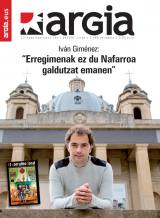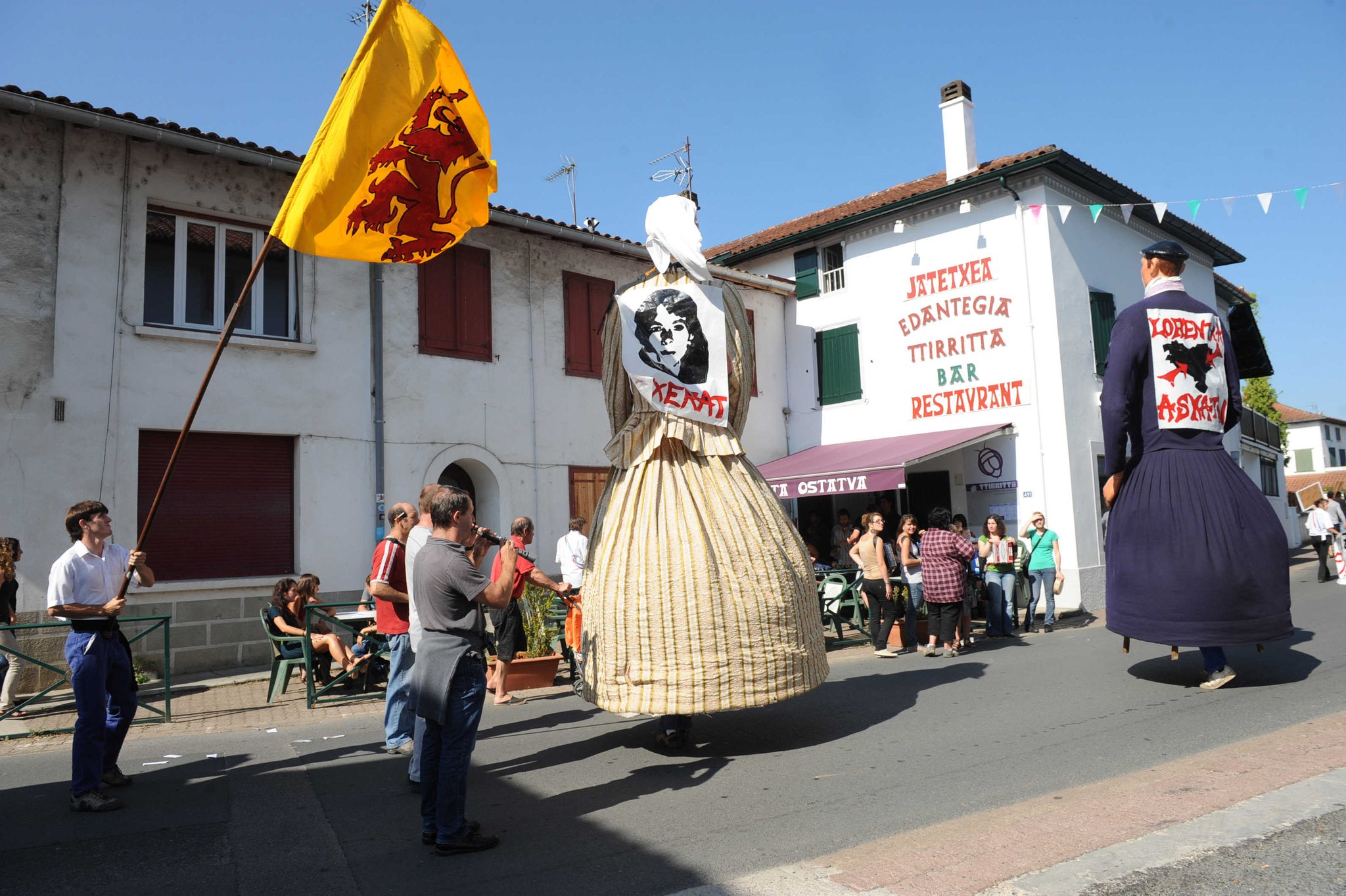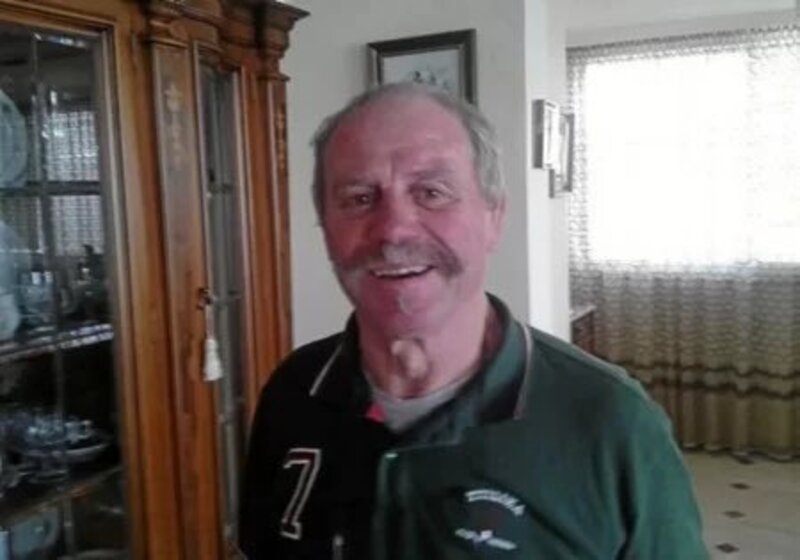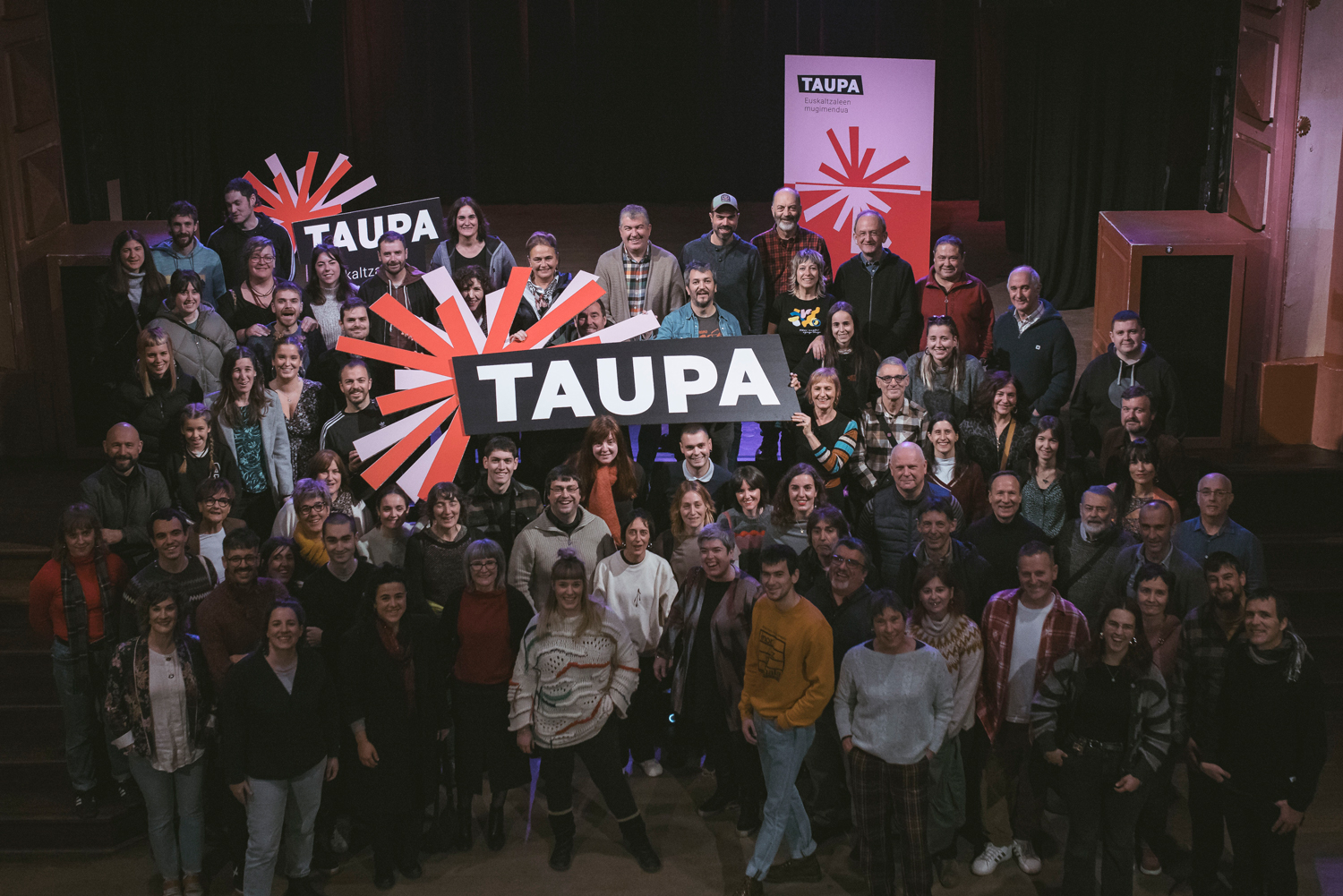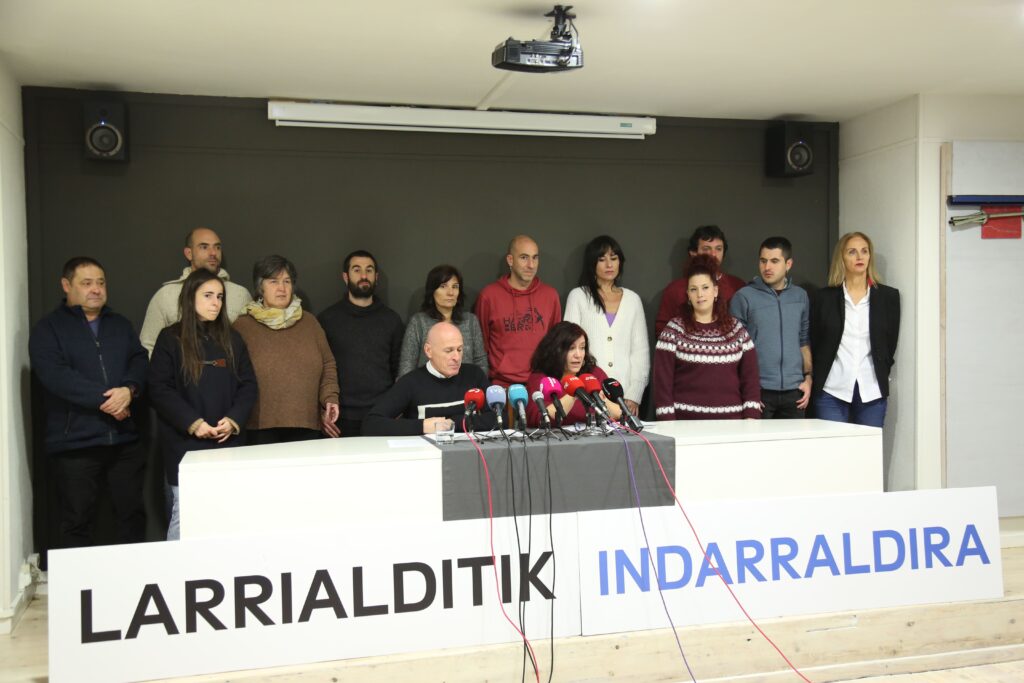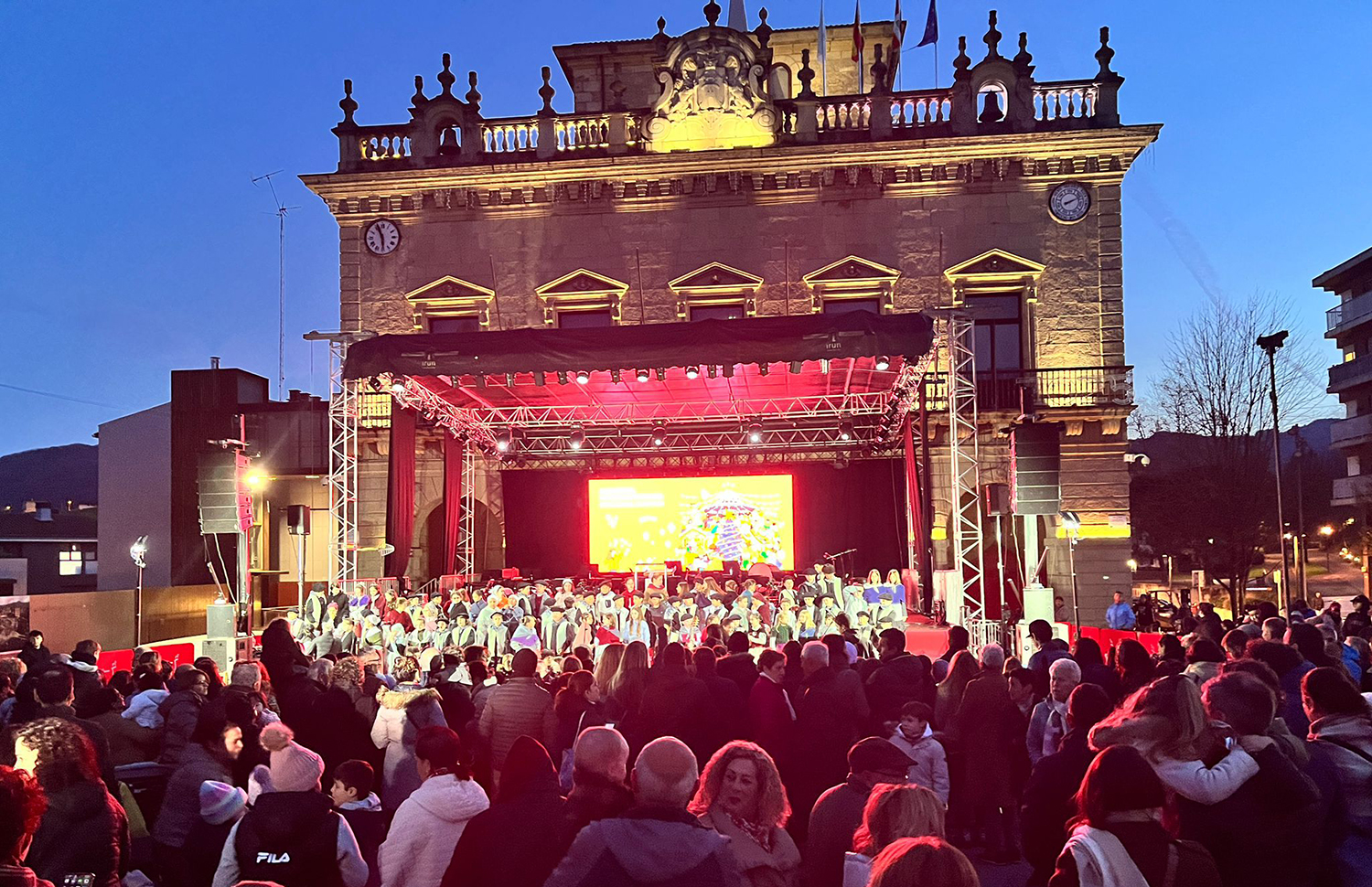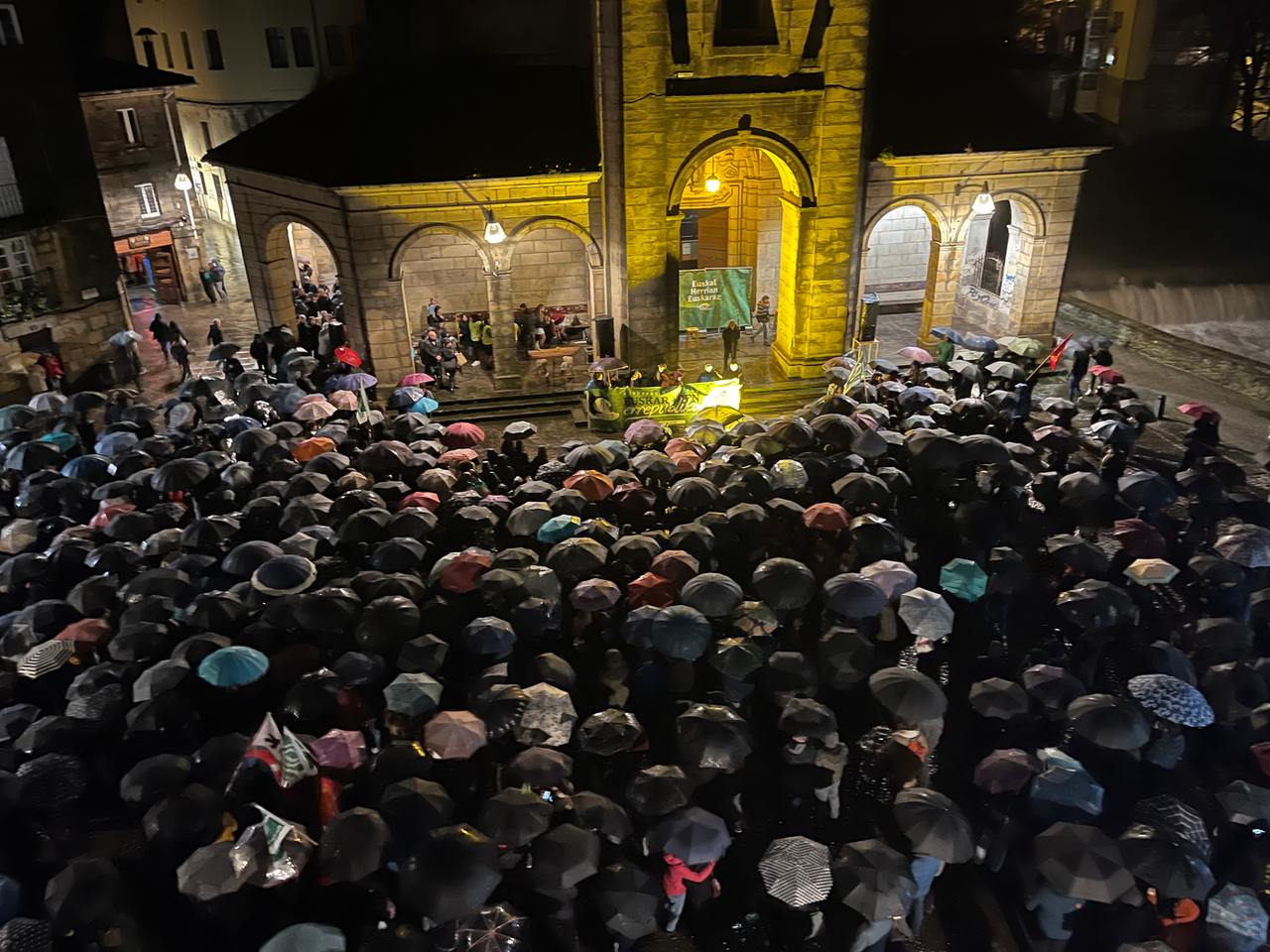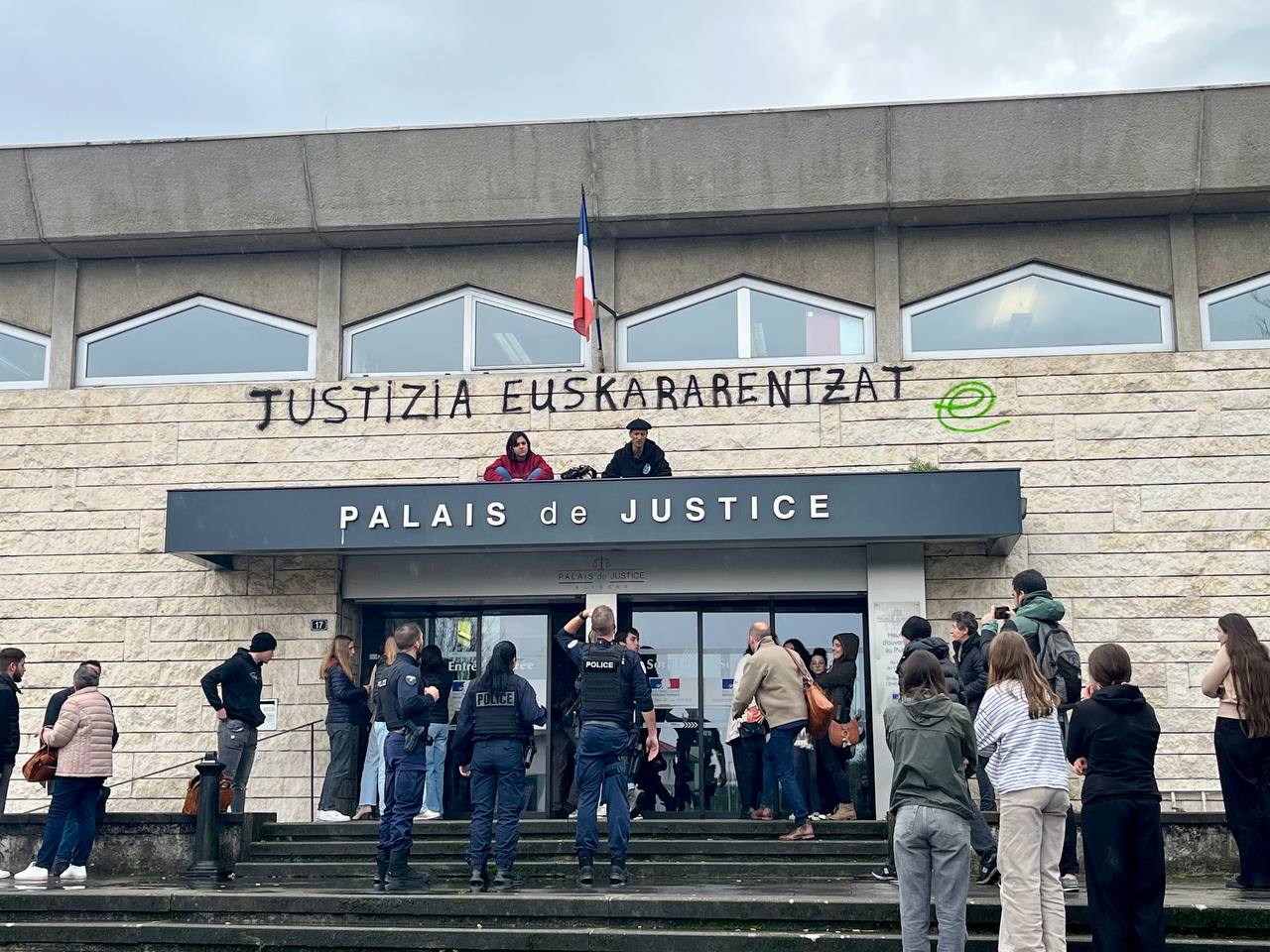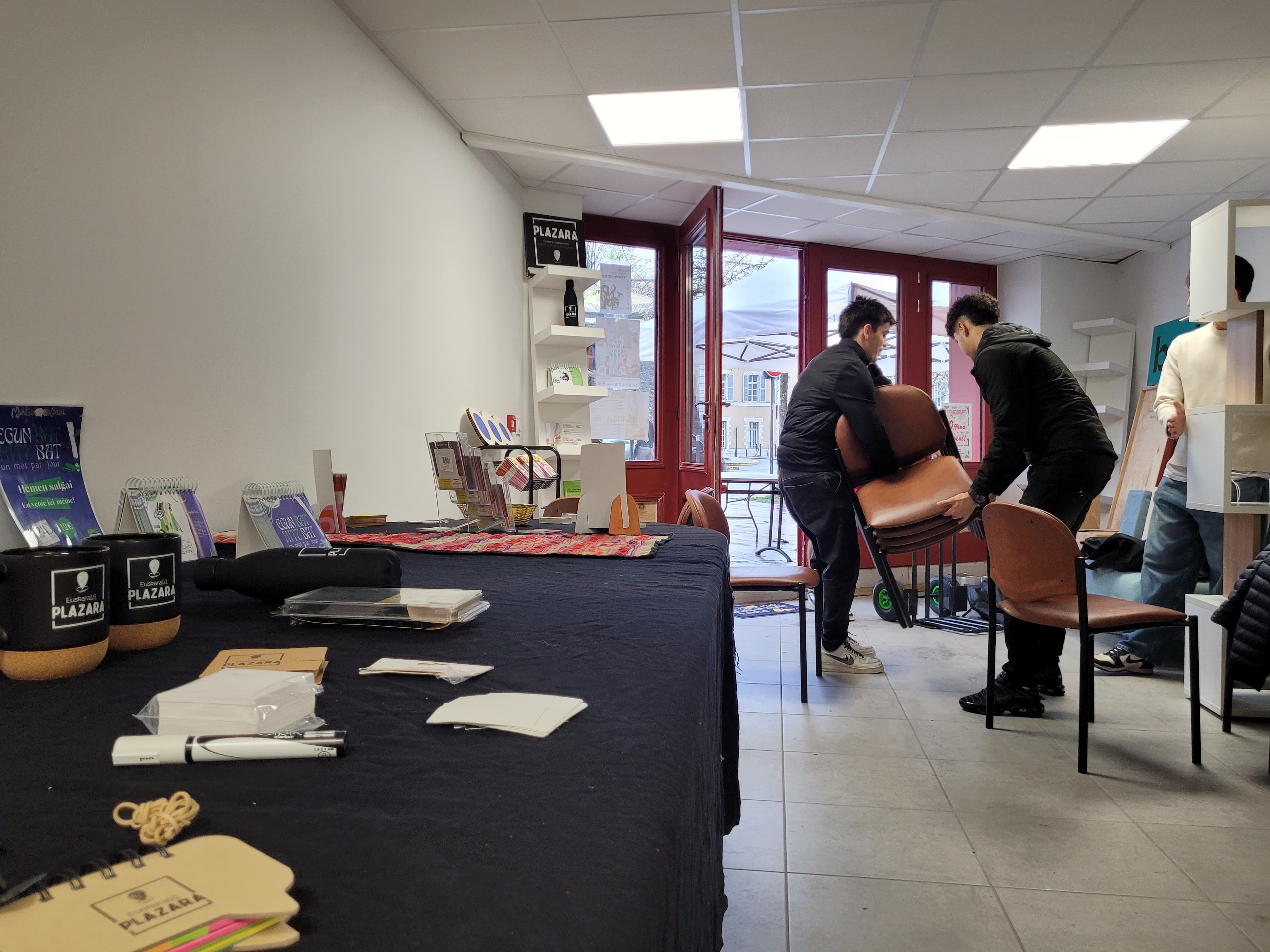Training to work in Basque
- Destination: Lutxi borda, Donazaharre (Baja Navarra). Passengers: 36 Euskaldunes from all the counties of Lower Navarra (conscious). The goal of the journey is that in everyday life we are more comfortable and trained with our language, in other words, that we are more empowered. Drivers: Larraitz Madinabeitia and Ainhoa Lasa, advisers of the Emun. Name of the journey: Telp workshops.
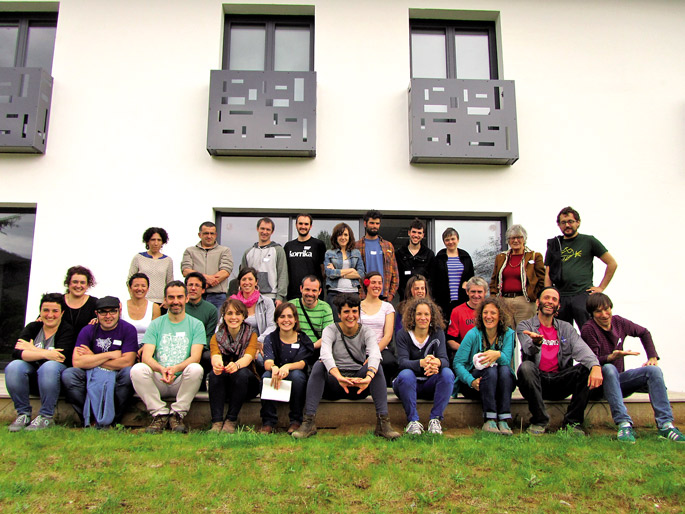
Since the last Korrika, there have been many empowered, conscious and powerful concepts in the Basque world. On the path of being to doing and doing to being. But some of them have been walking along that path for some time. And proof of this is the practical and collective exercise of empowerment that we have experienced in our meats in Iparralde.
Lutxi borda de Donazahar was the meeting point. There, 36 people came. The quote was for the first initiative organized jointly by the Basque associations of Amikuze, Aldude, Irisarri and Oztibar, Zabalik, Adur, Har´eman and Laminosine, respectively: The first Telp atelier developed within Ipar Euskal Herria.
We tried both sessions, we played and we laughed. Learn to take the first steps on the path of linguistic assertiveness and take the first steps between the two sessions. For example, between the two sessions one of the participants started a path to change language habits with her husband. So he showed us that there are many paths from 0 to 100.
Other participants also began to perform the program tests. For example, one of them went on vacation with a friend. That friend understands Euskera, but has the shame of speaking. On this holiday, by their decision, the telplari always spoke in Basque – unless the other explicitly requested it – and his colleague in French. At first, they struggled to get used to it, but as the days went on, they became more comfortable and more delicate.
Days later, on the occasion of a holiday, it was much harder for him to keep the Basque. In fact, empowerment is a long process that never ends and requires training. Sometimes we will achieve goals and other times it will be much more difficult.
Here and there, here and there, we use words a lot in two sessions. Probably more in the first session than in the second. In fact, despite the differences, we basically have similar experiences on both sides of the established border. Our experiences, feelings and emotions are closer to what we think of the first blow.
Need for continuous choice
One of the participants, for example, started the process of empowerment with his/her peers. Some of them are spoken in Basque in the headlines, but in French in the whole group. However, things have begun to change: when it comes to eating, he has begun to speak in Basque with the Basque people and with others or with everyone in French. At first he thought they were going to take him wrong, but nobody said anything, nobody put a weird face, nobody took him wrong.
On the other hand, the linguistic itineraries of the Basque people are becoming more and more complicated: they are not linear, they are not continuous. Throughout our lives, we forget, lose, relearn or recover more and more languages.
It has been very difficult to find someone with a linear route between the participants. Many learned at home and forgot in the street or at school or in the two and then recovered. Others, however, did not receive it at home and learned in the Basque Country, gained spaces and sometimes lost something. Others come from outside and become their own. Of all. More and more. It's getting more and more puzzled.
This brings us directly to the election. Almost all Basques have ever had to make a decision, because, after all, only we can decide what to do, monolinguals cannot. In some cases, because of identity, in others because of the coherence between what we say and do, in others because of the environment or aesthetics. Causes of all kinds. But always the decision, always the choice.
Moreover, the sea of inertia leads us almost unconsciously to where it leads us: to Castilian. On both sides also in this case. You have to look for desire, you have to look for moments and places, you have to find friends and allies.
For example, before the end of the second session of the Telp workshops, some of the participants moved to a hostel in Garazi. At first they had a plan to stay in a Basque hostel, but they changed their minds and all went together to a non-Basque hostel to put into practice what was learned in Telpeta. Collectively. Helping each other.
The traps of systematic bilingualism have also been highlighted. On the one hand, it is important that the Basque Country becomes necessary, fundamental, indispensable, if we want to move forward. It is necessary to create and nurture spaces, moments and spaces in which the Basque Country has its own and exclusive functions.
Otherwise, systematic bilingualism will never be able to make Castilian speakers see something being lost. It will never get us to stand firm towards stronger and stronger communities than ours.
For example, one of the telplars is selected. In the Casa Consistorial they do not have a translation system, and in the public conversations he does he has to return himself. So far, sometimes he talked in Euskera, but he didn't feel comfortable, he got nervous. After the sessions of Telp, he has smiled and has been very happy with the expressions in Basque, then gradually going and summarizing the translation into French. Strong and upright.
In fact, at Telp workshops we are asked to make an Euskera plan. Always an Euskera plan for practices. Where can I use more than now? How can I use the language more comfortably than I do now?
Shame and pleasure together
On both sides we feel fear, frustration and shame, although we also feel pleasure, pleasure and pride. The conscious Basque moves between these two types of feelings.
One of the participants, for example, commented that many people spoke in Basque with him, but that if he was not he used to speak in French calmly. In view of that, it has always been concerned. After the sessions, he pointed out that he now sees things with other eyes. This society has begun to be considered an agent of Euskaldunization.
But, well, this tour has only just begun. Empowerment is a long process and the workshop is only the starting point. However, as we saw in the last exercise, if a person changes attitude, it also changes their environment to some extent.
We Basques move our feet behind the witness of Korrika to proclaim that we want to survive as a Basque people in favor of our language, with the aim of the Basque Country we desire.
The tipi-tapa is the first step taken by a migrant person who leaves his homeland in Africa,... [+]
Euskaraldia comes back. Apparently, it will be in the spring of next year. They have already presented it and the truth is that it has surprised me; not Euskaraldia himself, but his motto: We'll do it by moving around.
The first time I have read or heard it, the title of the... [+]
Lau egunez idekia izanen den merkatu bat antolatzen du Plazara kooperatibak euskararen aldeko beste hamar bat eragilerekin –horien artean ARGIA–.









